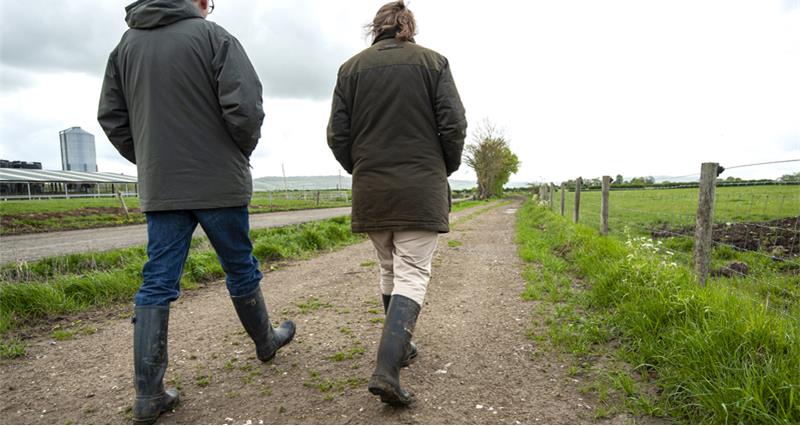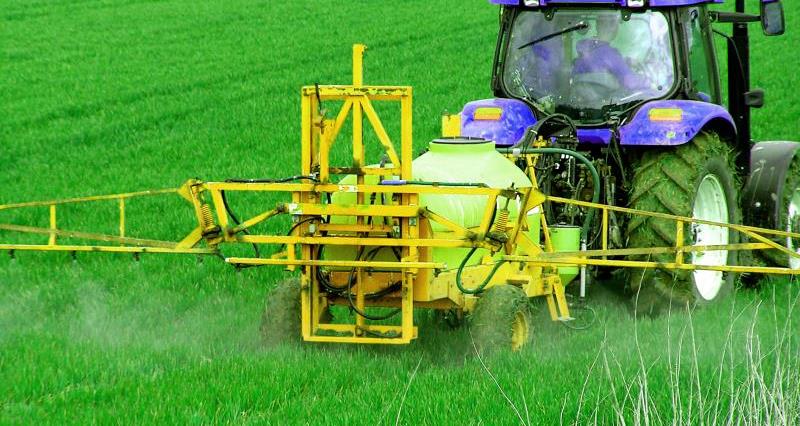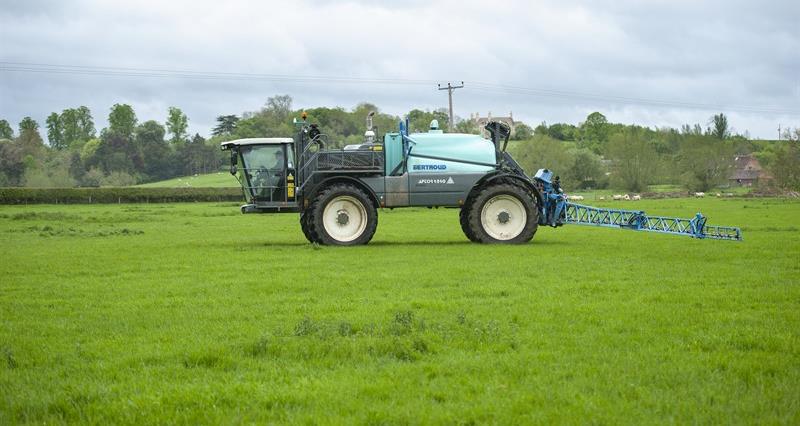As part of official controls requirements for PPPs (plant protection products), the HSE PEOs (pesticide enforcement officers) have been visiting farms and nurseries to check PPP users’ compliance with PPP law.
NFU members from across the country have told us that they have already been visited.
We know farmers and growers see these visits as duplication of farm assurance scheme audits, and the NFU continues to lobby Defra to include earned recognition as part of the process, to reduce the burden of inspection.
Meanwhile, with PEOs set to visit a few hundred more businesses across farming, forestry and amenity sectors over winter and up to this April, here’s an overview of the PEO visit process and the common issues they’re finding, to help you to double-check these in your own business.
Wide range of operators
This year, the Health and Safety Executive’s PEOs have expanded the range of operators (anyone who is subject to the official control requirements for PPPs) targeted to include universities, agricultural colleges, amenity contractors, NHS hospital trusts, housing associations, horticulture, and forestry users of PPPs.
PEOs carry out controls on the supply and use of PPPs to ensure compliance with the PPP Regulations in line with the requirements of the retained Official Controls Regulation (EU) 2017/625.
PEO visits will continue to be prearranged for farms. However some other sectors will receive unannounced visits, particularly where information is received suggesting breaches of PPP Regulations are taking place.
Wherever breaches are identified, PEOs will take action to bring the operator back into compliance.
This may range from verbal advice to formal enforcement action.
Common issues
The most common issues found by PEOs during farm visits continue to be:
- inadequate or compromised bunding in the pesticide store
- storage of unauthorised PPPs (a withdrawn product that’s no longer authorised for use)
- tight-fitting respiratory protection equipment being supplied to operators who are not clean shaven and/or who have not received an appropriate face fit test.
One of the first things the PEO will check is that you, as a professional user of pesticides, are registered with government – as this is a legal requirement.
You can find out how to register with Defra at: GOV.UK | How to register as a professional user of PPPs and adjuvants.
If you are unsure whether you have registered before – do it again – it’s not an issue to register twice. It is an issue if you are not registered at all. Registration involves completing and returning a fairly simple form.
When visiting other PPP users, PEOs have encountered other issues including:
- Record keeping – lack of comprehensive and accurate spray treatment records.
- Qualifications – lack of qualifications for stem injection and automated sprayer usage.
- Inspection of spray equipment – untested pedestrian trolley-type sprayers commonly used in horticulture.
- Dilution of PPP concentrates – mixing occurring near unprotected drains or water courses.
- Storage of dilute PPP remnants for extended periods in spray equipment.
- PPP containers – reuse of empty PPP containers for other liquids.
- Oxidisers stored with PPPs – oxidisers are not physically segregated from PPPs.
- Site location – stores sited next to combustibles such as straw/wood.
We are letting you know these findings, to give you the opportunity to review and update your processes for PPP storage and use, ahead of when an inspector potentially calls on you as part of the current round of OCR farm visits.
What are inspectors looking for?
For PPP users, the main areas looked at during a farm visit include:
- Spraying qualifications (specified certificates).
- Record keeping – stock records and treatment records.
- Equipment inspection, testing and calibration.
- Products in stock (authorisation status).
- Store location, condition, and capacity.
- Availability of spill kit, first aid kit, eyewash, and PPE.
- Adherence with conditions of EAMUs (extended authorisations for minor use).
You can find a detailed Q&A about the entire OCR regulation and pesticide user registration process on our PPPs registration essential information page.



